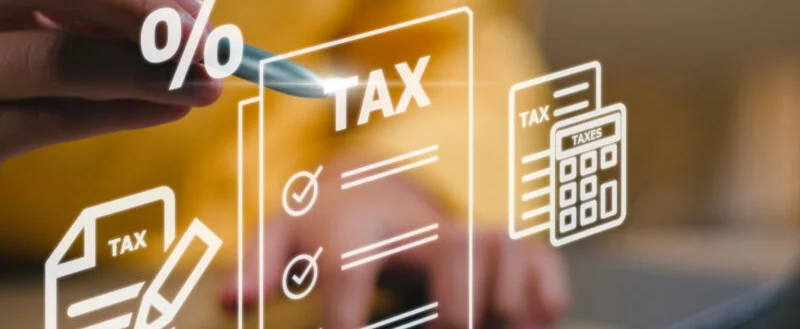
What MTD for ITSA Means for You
01 April 2025
Making Tax Digital for Income Tax Self-Assessment (MTD for ITSA) is set to bring significant changes to the way self-employed individuals and landlords report their income and expenses. One of the biggest shifts is the requirement for quarterly updates, replacing the traditional annual return system. Here’s what you need to know and how to prepare.
Quarterly Updates Instead of an Annual Return
Under MTD for ITSA, businesses and landlords earning over £50,000 a year (from April 2026, with those earning over £30,000 joining in 2027) will be required to submit quarterly updates of their income and expenses to HMRC. This means:
-
Instead of a single tax return at the end of the year, you will need to report earnings every three months.
-
These quarterly updates will not be final tax calculations but will give HMRC an ongoing view of your business performance.
-
At the end of the tax year, you will still submit a final declaration, confirming the accuracy of your figures and making any necessary adjustments.
No More Last-Minute Scramble
For many self-employed individuals and landlords, the traditional way of doing tax returns involves collecting receipts, checking bank statements, and manually entering expenses just before the deadline. With MTD for ITSA:
-
You will need to log income and expenses regularly, rather than waiting until the last minute.
-
This could be beneficial, as it helps businesses stay on top of their finances and avoid errors.
-
Using compatible software to manage records will become essential, as HMRC will not accept paper or spreadsheet-based submissions.
How to Prepare for MTD for ITSA
To stay compliant and avoid penalties, it’s best to start preparing early:
-
Choose MTD-compatible software – Popular accounting tools like QuickBooks and Xero can help automate record-keeping.
-
Update your financial habits – Get into the routine of recording transactions regularly instead of once a year.
-
Seek professional advice – An accountant or tax advisor can help you understand the new requirements and ensure you’re filing correctly.
-
Stay informed – Keep an eye on HMRC updates and deadlines to ensure you’re meeting all obligations.
Final Thoughts
More frequent reporting may feel like an extra burden at first, but it can also lead to better financial management and fewer last-minute tax surprises. By preparing now and adopting digital tools, self-employed individuals and landlords can make the transition smoother and ensure they remain compliant with HMRC’s new rules.
If you’re unsure about how MTD for ITSA affects you, now is the time to start planning and seeking advice. The sooner you adapt, the easier it will be to manage your taxes in the long run.